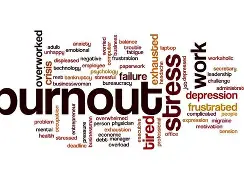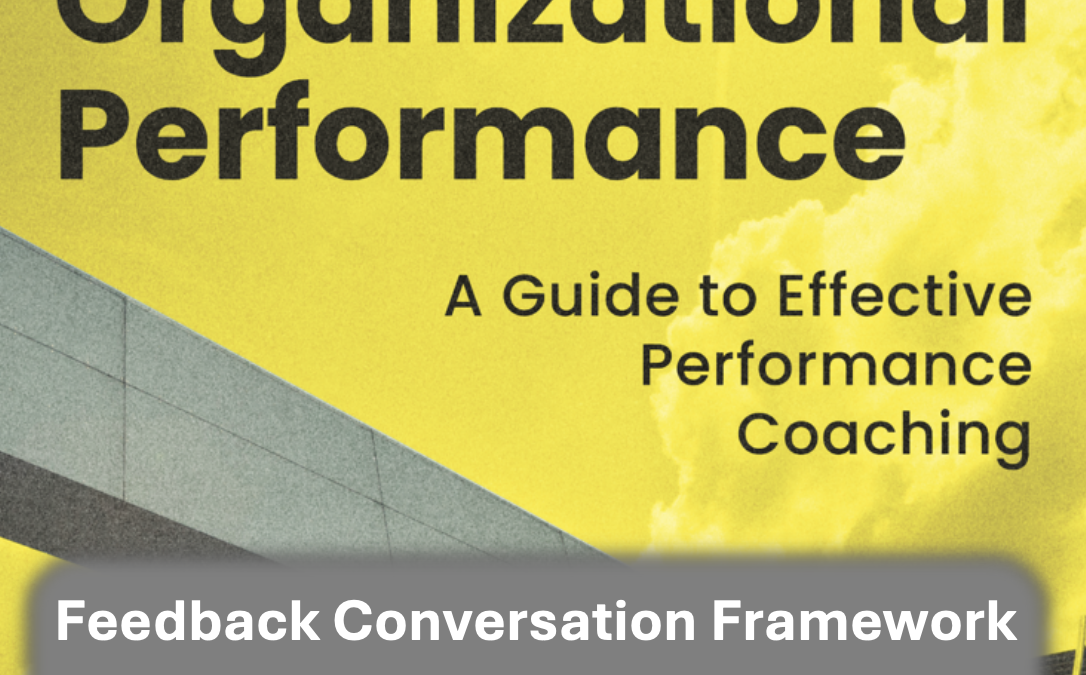Bridging the Gap: Performance Coaching in Remote and Hybrid Work Environments

The massive shift of organizations to remote and hybrid working styles is fundamentally changing the way we think about performance management. When work takes place in the home as much as it does in the office, organizations are finding that the old rules for maintaining productivity, engagement and team cohesion just don’t apply. And that’s where performance coaching can make a real difference.
Working remotely can be a boon for work-life balance and flexibility, but it can also easily lead to isolation, poor communication and unclear work-life boundaries. Coaching for performance, adapted to the unique conditions of remote work, can directly address all these issues.
Performance coaching is a great fit for remote settings is that it helps maintain connection and engagement. Having regular one-on-ones helps maintain contact with employees, letting them know they’re seen, valued and supported even when they’re not physically in the office. In these sessions, employees have a safe space to offload their concerns, get help with challenges, and collaboratively develop solutions.
In remote performance coaching, technology is also essential. Video conference systems, virtual whiteboards and online project-management applications can create environments for coaching intimacy and interaction that are as close as possible to in-person coaching conversations. As with any coaching capability, technology should always be a means to an end, not an end in itself.
During these remote or hybrid work situations, the importance of goal setting and accountability is heightened. When physically distanced from each other, it’s easier for employees to get distracted or aimless. Performance coaches can work with people to set and measure specific objectives, and to check in regularly so that workers stay in sync with organizational goals. This can also give them a sense of direction and purpose.
A key component of remote performance coaching is helping employees allocate their time and energy appropriately. Work-life balance can be easily compromised, especially at home. Coaches can help employees set appropriate boundaries, establish effective habits, and plan their work to avoid or prevent burnout.
Especially in remote coaching relationships, where there isn’t even the option of a casual conversation at the water cooler, it’s important to be more deliberate about creating an environment of trust. This might mean starting sessions with a casual check-in, practicing active listening, and demonstrating consistency and responsiveness.
Performance coaching can also be invaluable in building team cohesion in hybrid models. Coaches can work with team leaders to develop best practices for inclusive meetings so that uptake is equal across in-person and remote attendees, and they can facilitate virtual team building to establish cultures of mutual support and collaboration, regardless of location.
One of the hurdles to remote performance coaching is reading non-verbal cues, such as an employee’s body language. A good coach might be listening more intently to tone and cadence over videoconference calls and pick up on other cues from the employee’s voice. As a result, coaches could end up asking more direct questions about how an employee feels or is doing.
In a remote or hybrid coaching context, coaches need to be flexible, particularly in their approach, pace and schedule. They might have to work around different time zones, intervene when someone external to the session walks into the room, or deal with technical issues. This flexibility extends to the content of coaching too, being prepared to change the focus of a session if an immediate need or concern arises.
It’s also important to recognize that, even if your organization embraces remote work, not all employees will respond in the same way. Some will thrive, while others might struggle. Performance coaches play a vital role in identifying these individual differences and tailoring their approach accordingly. This might involve more frequent check-ins for those who need additional support or helping high performers find new challenges to maintain their motivation.
To sum up, as organizations continue to grapple with the new realities of remote and hybrid workspaces, performance coaching is set to be an integral aspect of ensuring productivity, engagement and organizational connectivity. As a response to the specific challenges of working remotely, refining coaching techniques will ensure that organizations can keep their employees on track and on target, regardless of where they are based. In this new world of work, remote performance coaching is not a luxury or even madness, as it was still considered not so long ago.
#RemoteCoaching #HybridWorkforce #PerformanceManagement #VirtualLeadership #EmployeeEngagement #WorkFromHome #MaximizeOrgPerf
Image credits: ©Gallup, Inc


